Growing up as the eldest child comes with a unique mix of perks and pressures. You often get more trust and responsibility from your parents, but that also means you’re expected to lead by example and help guide your younger siblings.
Take, for instance, a man who shared his experience of essentially becoming a “third parent” to his seven younger siblings while his parents focused on their large family and ministry. Now, as an adult facing health challenges and raising kids of his own, he says his parents resent him for gaining independence and refuse to offer any support.
Keep reading to see his candid update—it’s both heartbreaking and eye-opening, shedding light on the struggles and complexities of family dynamics that many people rarely talk about.
Sometimes, the expectations placed on firstborns can feel overwhelming and burdensome

Image credits: freepik (not the actual photo)
One man shared how his entire childhood was spent caring for his younger siblings, and how his parents rarely treated him like a child
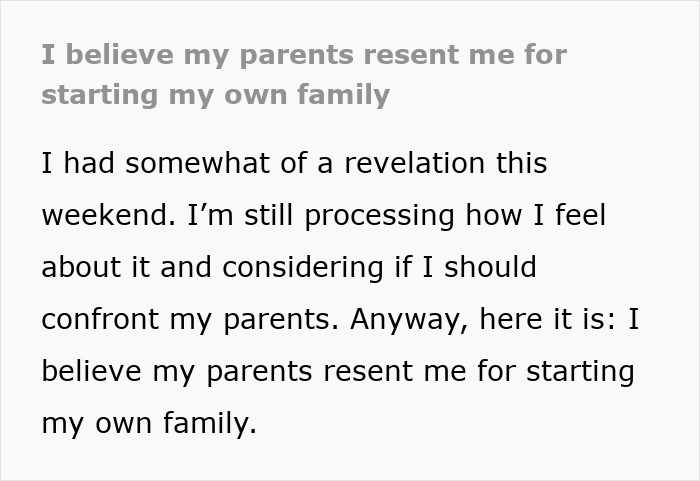


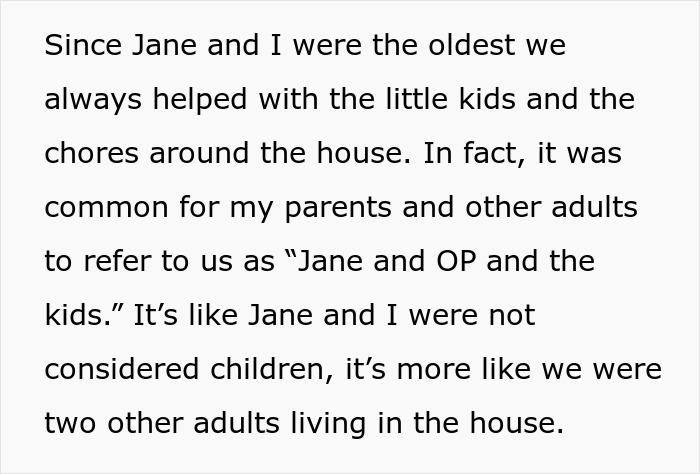


Image credits: LightFieldStudios / envatoelements (not the actual photo)






Image credits: YuriArcursPeopleimages / envatoelements (not the actual photo)
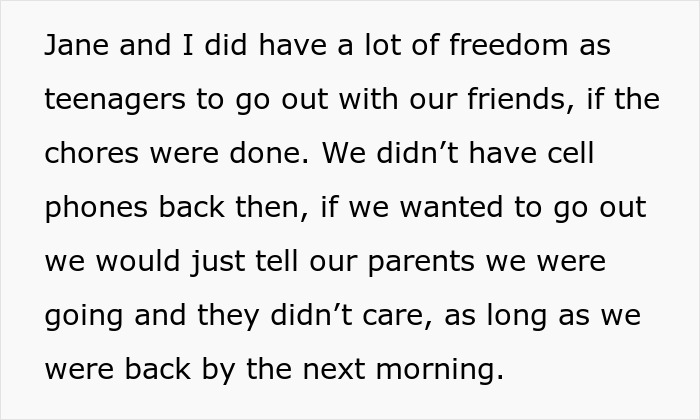
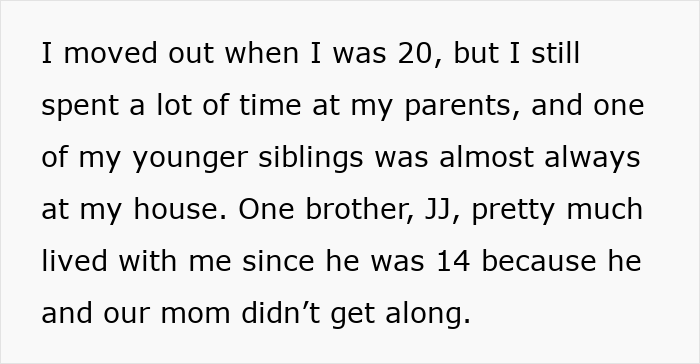

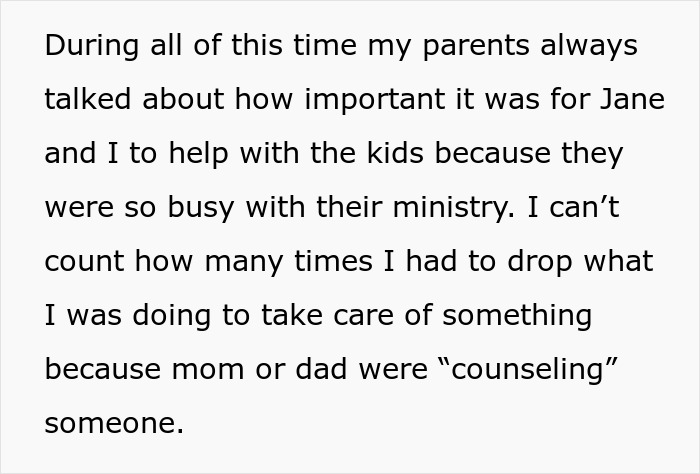


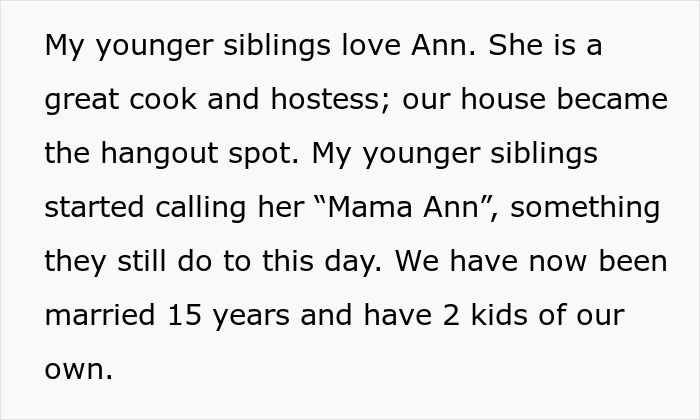

Image credits: syda_productions / freepik (not the actual photo)
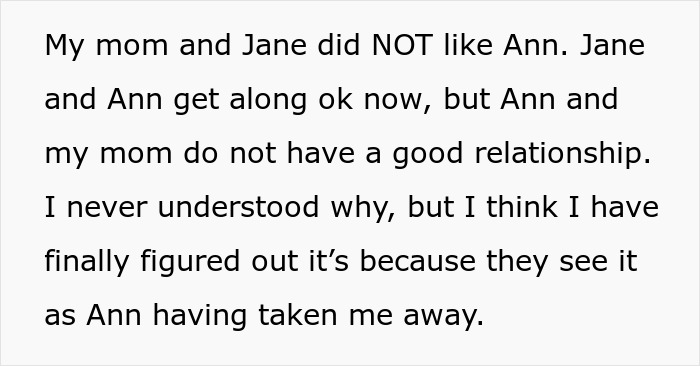
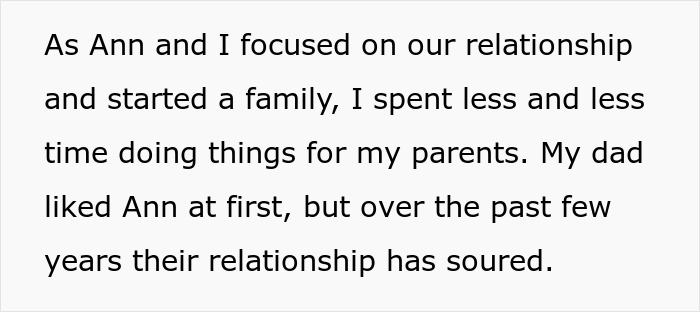

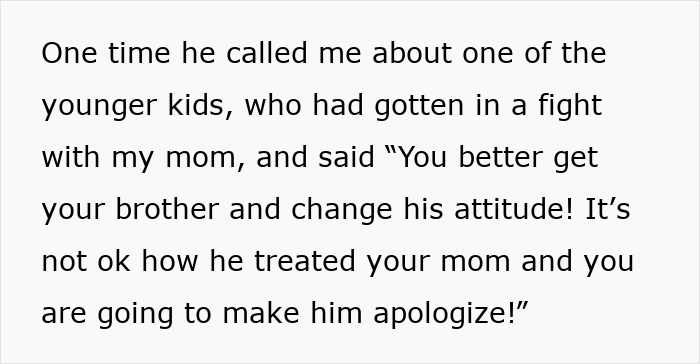

Image credits: Wavebreak Media / freepik (not the actual photo)
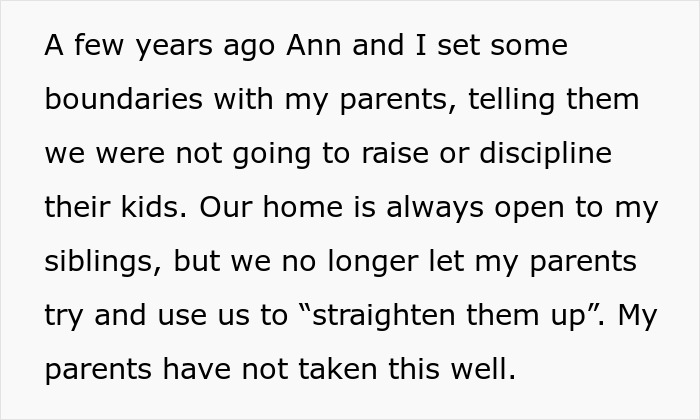


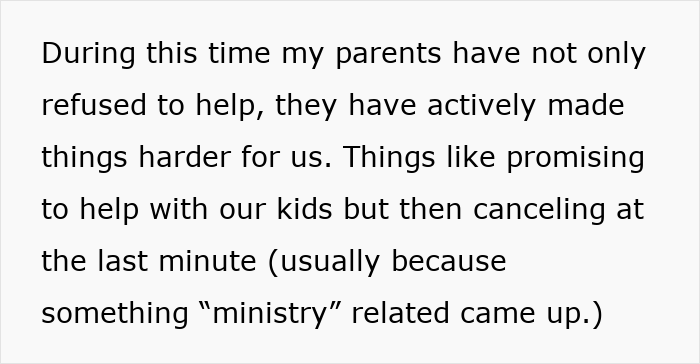
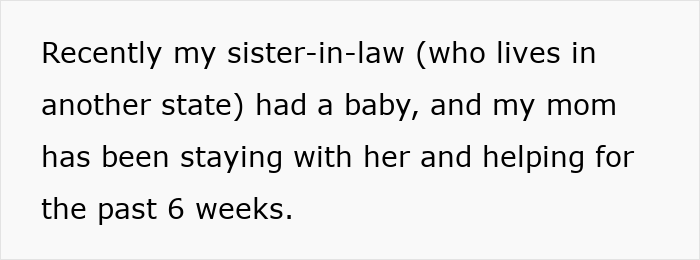

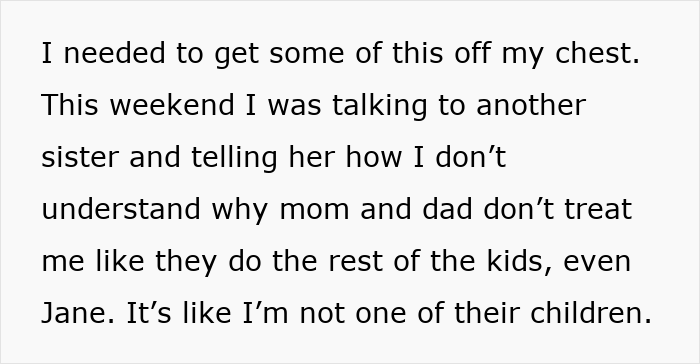

Image credits: freepik (not the actual photo)

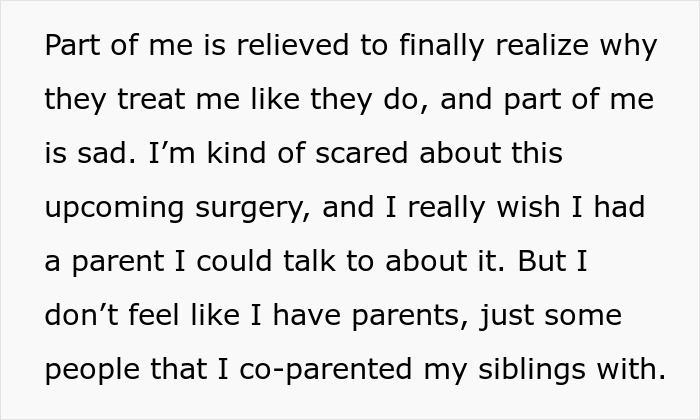
Image credits: letowyn
The author also answered questions from readers about his situation, providing more context and insight
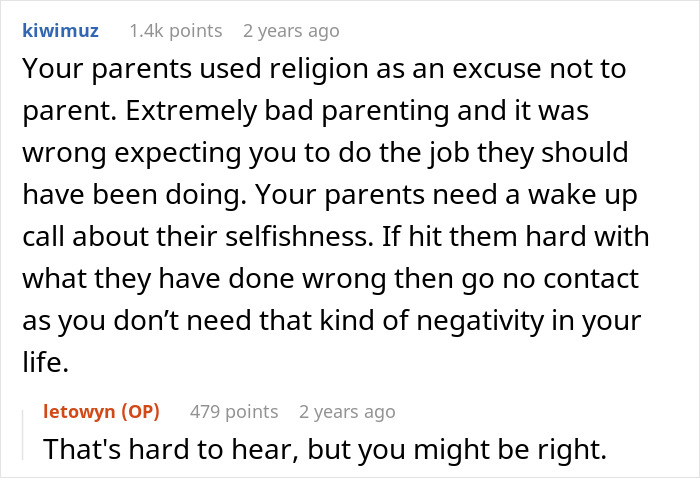
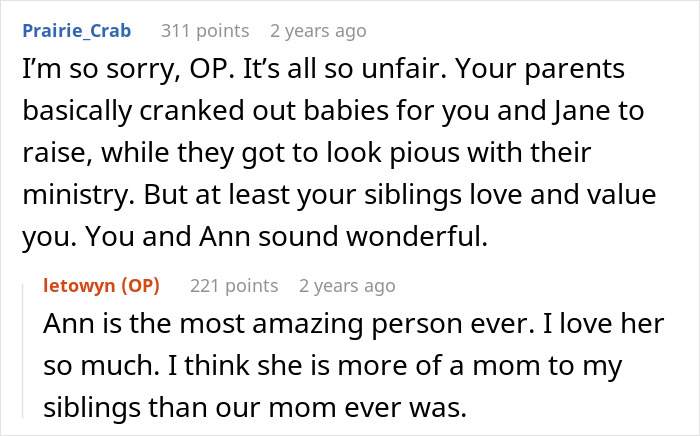


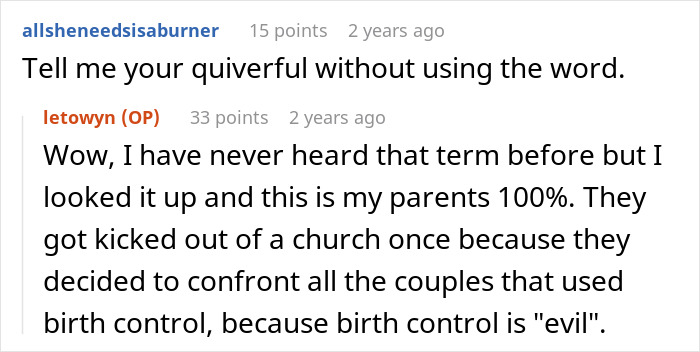
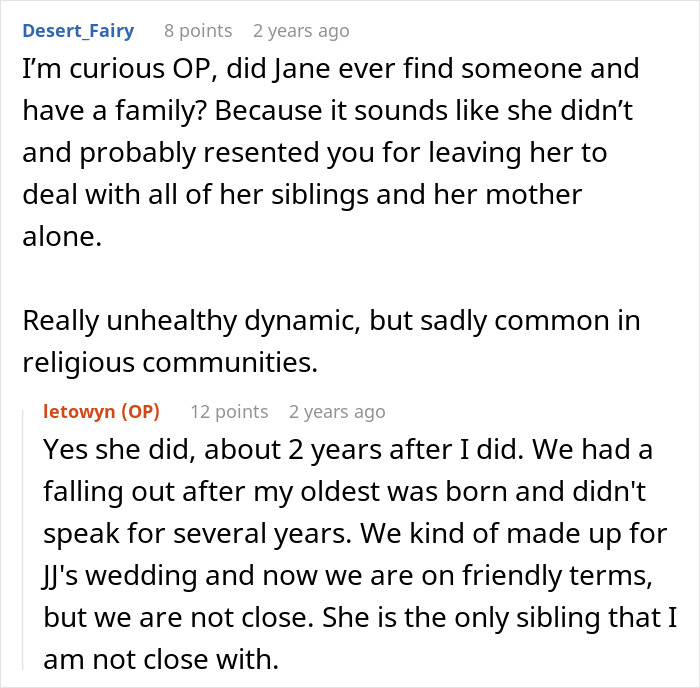

A large age gap between siblings can significantly influence the dynamics of their relationship and the strength of their bond

Image credits: The Yuri Arcurs Collection / freepik (not the actual photo)
Having siblings is often one of life’s greatest blessings. They can be your partner in crime, your confidant, and someone who knows you better than most. From sharing childhood secrets to supporting each other during tough times, siblings often become lifelong friends, even if they drive you crazy sometimes.
The dynamics of sibling relationships can vary greatly depending on birth order. Eldest children, having taken on more responsibility, may develop strong leadership and caregiving skills, but they can also feel pressure or resentment if the burden is too heavy. Middle children often learn the importance of negotiation and compromise, balancing between their older and younger siblings, while youngest siblings may benefit from more freedom but might also struggle with independence later. Understanding these patterns can help families navigate conflicts, set realistic expectations, and foster stronger, more supportive sibling relationships.
The age gap between siblings plays a significant role in shaping their relationship. When siblings are close in age—say, only a year or two apart—they often share similar interests and stages of life, which can make their bond more playful and competitive. They may spend a lot of time together, sharing hobbies, friends, and experiences, which fosters camaraderie but can also lead to frequent squabbles as they navigate rivalry and comparison.
In contrast, larger age gaps often lead to a more mentoring or caretaker dynamic. The older sibling may naturally take on a guiding role, offering advice, helping with schoolwork, or looking after the younger one’s needs. While this setup can feel less equal and may place more responsibility on the older sibling, it can also build deep trust and respect over time. Younger siblings often benefit from the experience and support of their older siblings, while older siblings develop leadership, patience, and empathy.
However, it’s crucial for siblings to build their own bond. Prioritizing shared experiences, like hobbies, outings, or family traditions, can strengthen relationships. The more quality time you spend together outside of parental expectations, the more natural and supportive your connection becomes.
Open and honest communication is another key factor. Talking about your feelings, frustrations, or perceptions of parental treatment can help siblings understand each other better and prevent misunderstandings. Sometimes, simply acknowledging each other’s experiences is enough to deepen a bond.
It’s important for brothers and sisters to cultivate their own unique connection, separate from parental influence
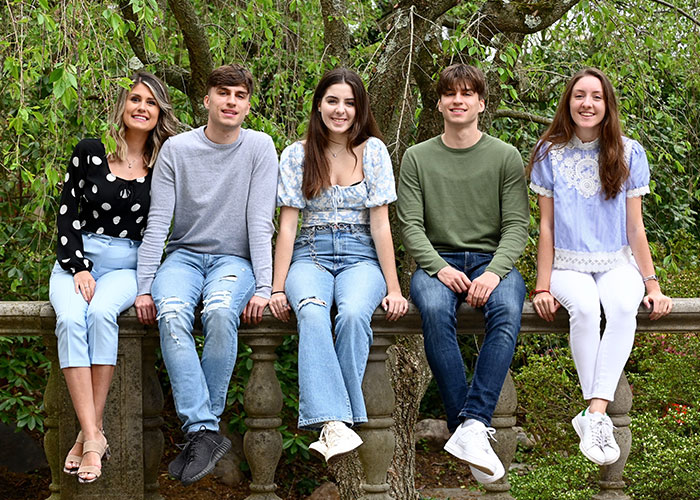
Image credits: EyeEm / freepik (not the actual photo)
Creating sibling rituals can play a big role in strengthening and maintaining lifelong bonds. These rituals don’t have to be elaborate; they can be as simple as an annual short vacation, a weekend camping trip, or even a regular day spent together doing a shared hobby, like going to a lake in the summer or cooking a special meal. The key is consistency: when siblings know they have these recurring moments, it gives them something to look forward to and creates a sense of tradition.
Over time, these experiences become cherished memories that reinforce connection, encourage communication, and provide opportunities to support each other outside the usual family routine. Rituals like these help siblings maintain closeness, even as they grow older and develop separate lives.
Often, a sibling bond is at its strongest when they spend quality time together and support each other through challenges. In this particular case, it seemed like the siblings truly had each other’s backs, even though their parents offered little help or guidance. Their connection became a source of strength in an otherwise difficult environment.
Parents are ultimately responsible for providing guidance and support, and when they fall short, it can make family dynamics complicated and stressful. Situations like this raise important questions about fairness, responsibility, and boundaries. What are your thoughts on the author’s experience and how the family handled these challenges?
Many people online were highly critical of the author’s parents, with some even calling their behavior unacceptable




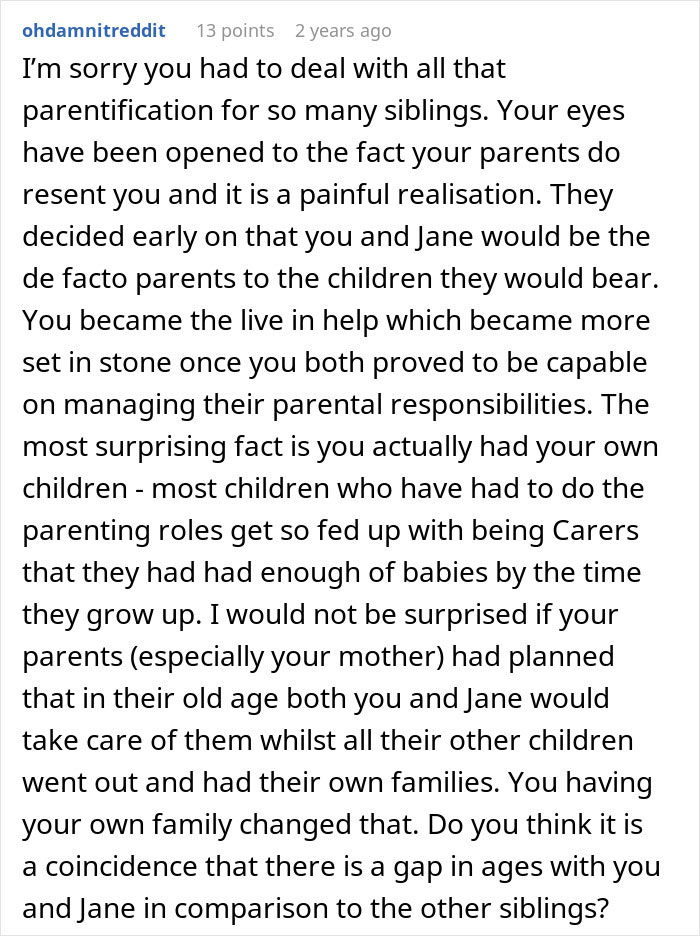

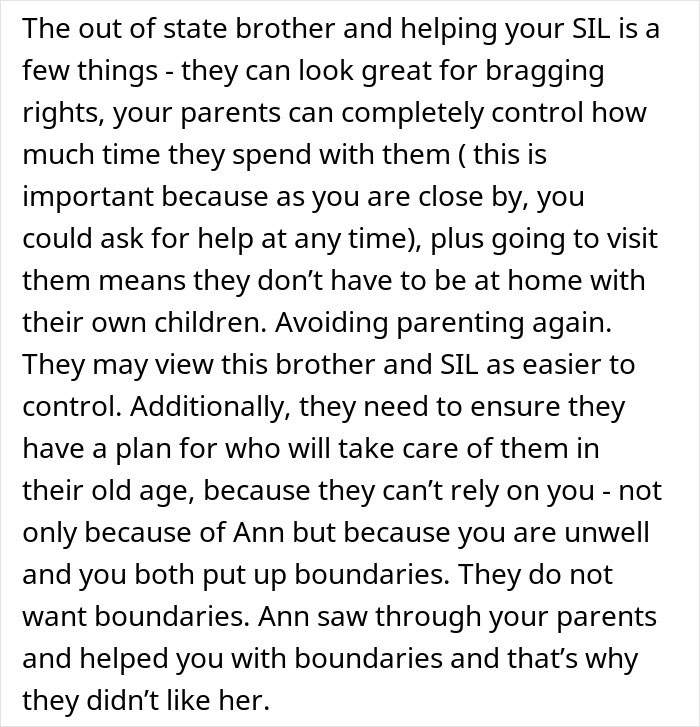
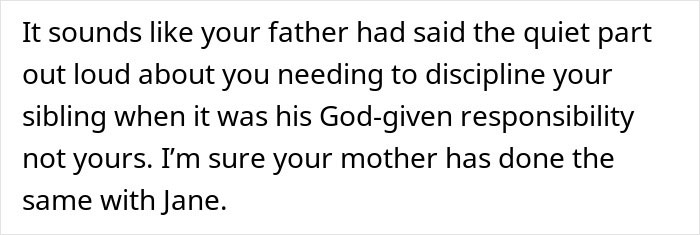

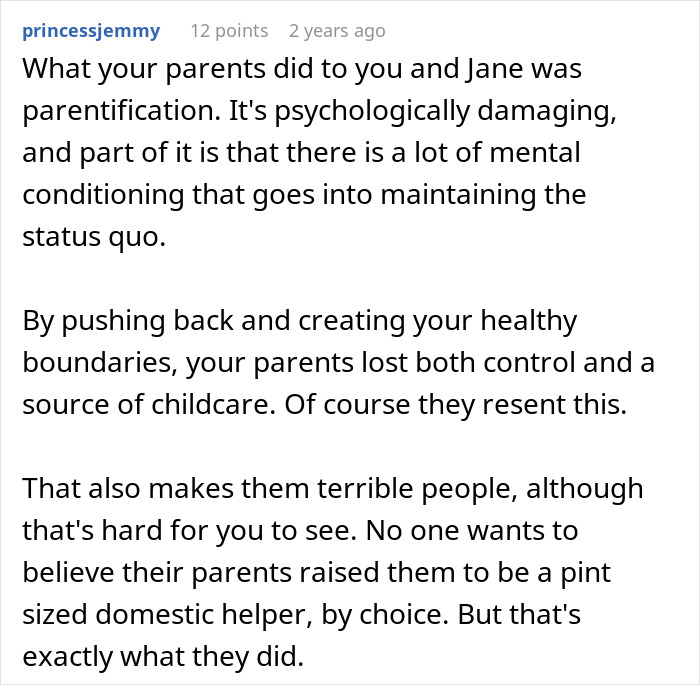
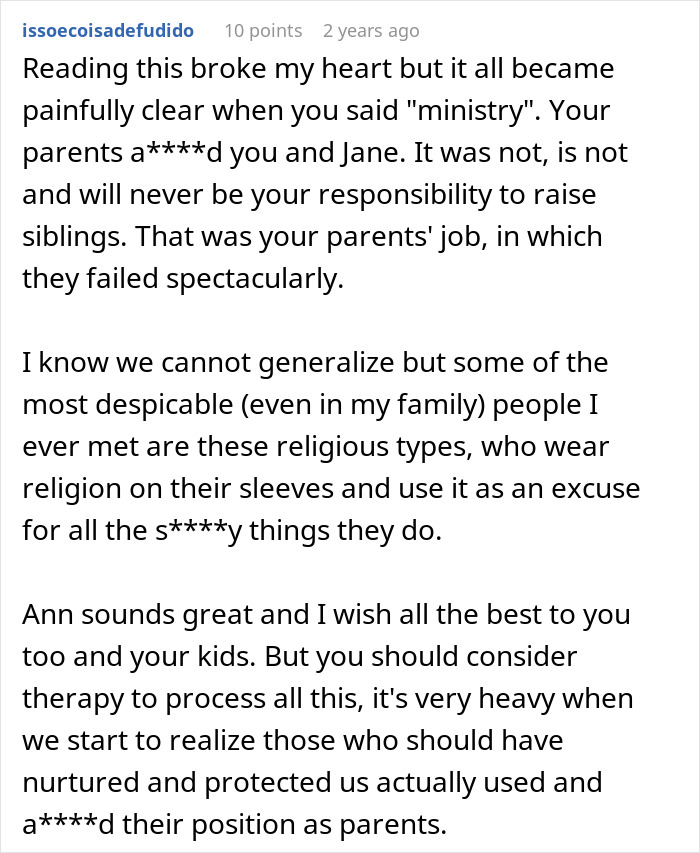

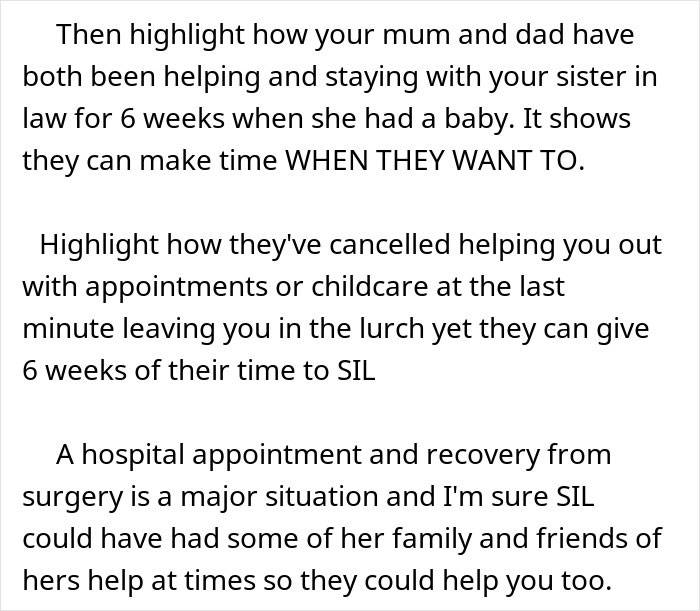
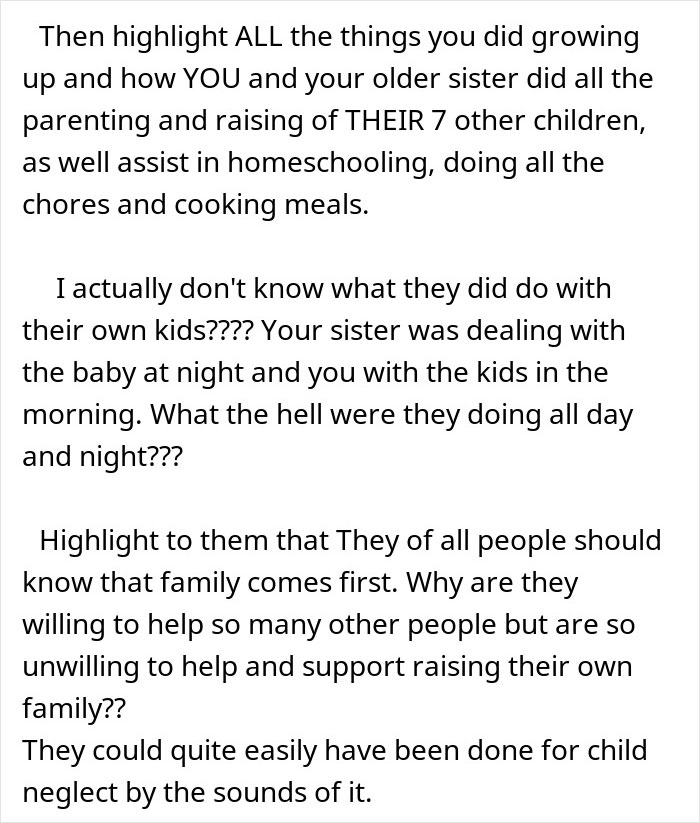
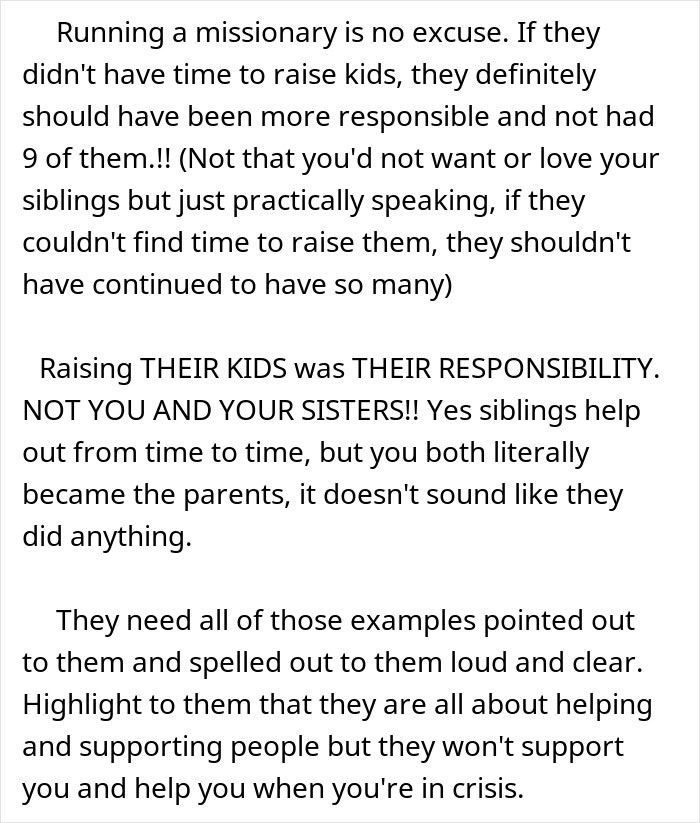
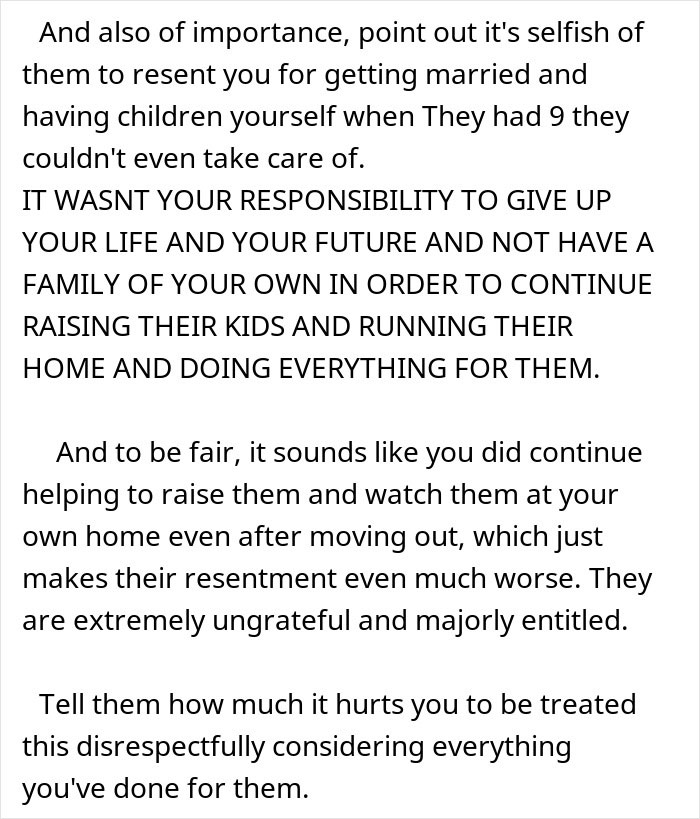
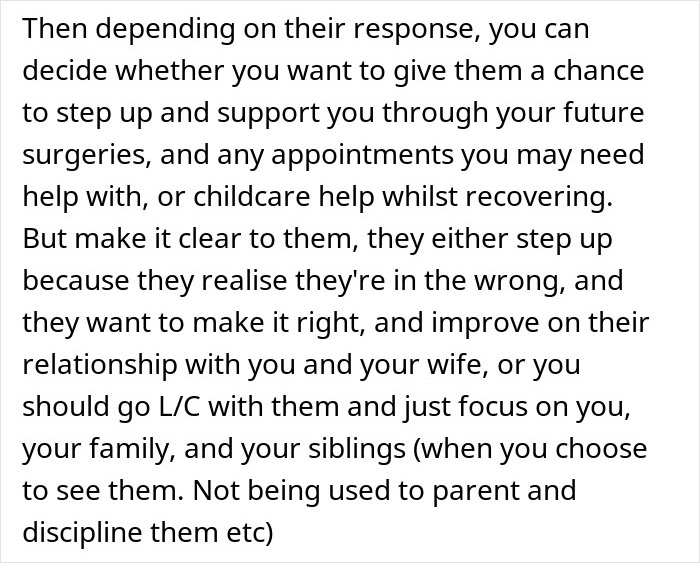
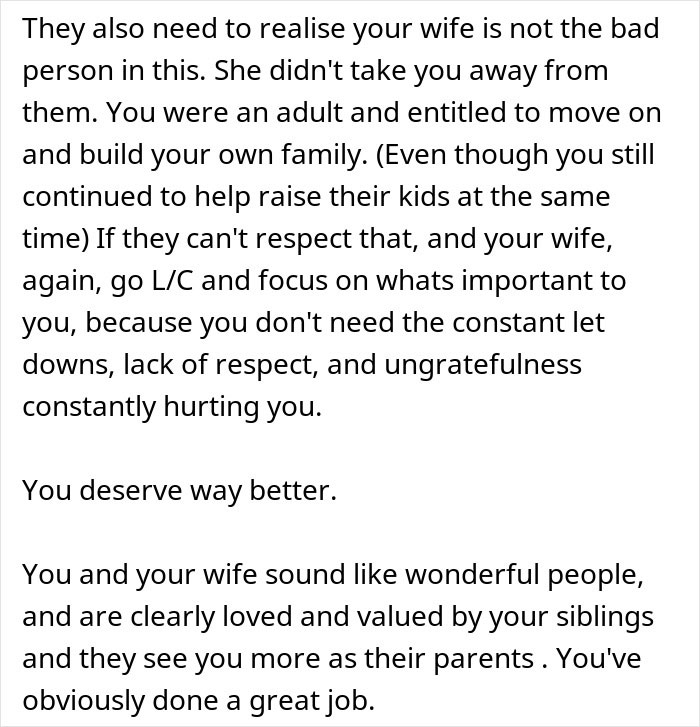
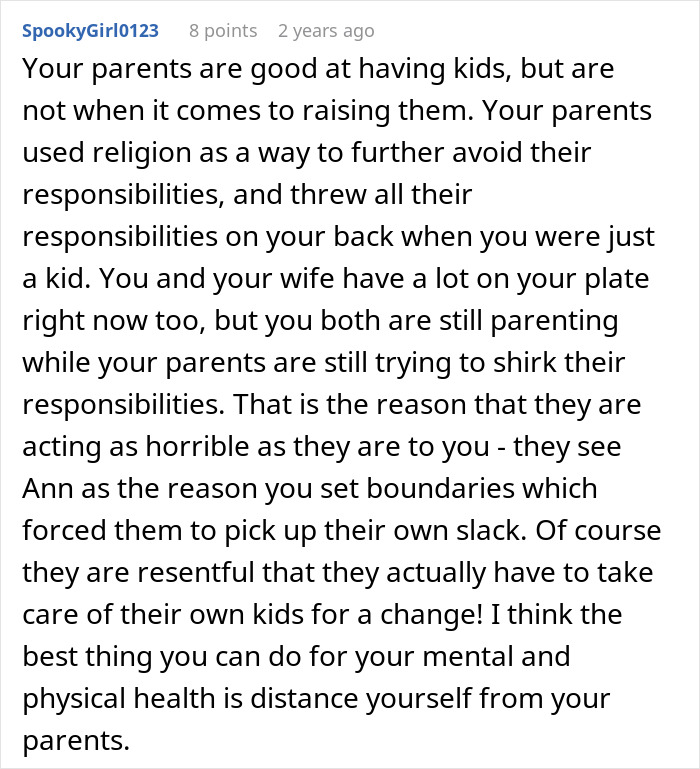



Image credits: drobotdean / freepik (not the actual photo)
He shared additional updates, talking about therapy, ongoing health challenges, and his plans for addressing the situation with his parents

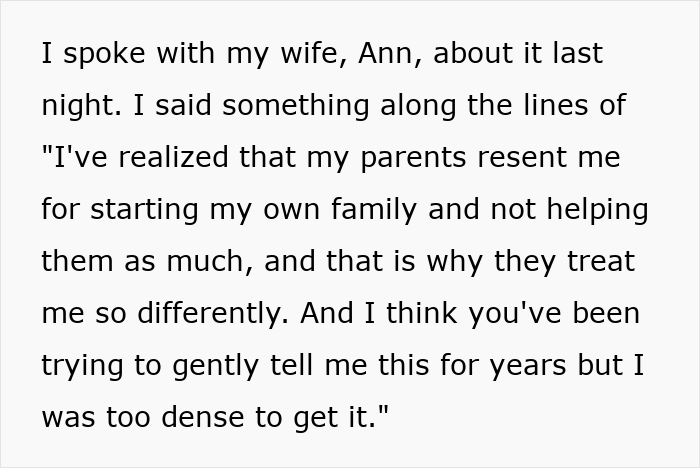


Image credits: freepik (not the actual photo)

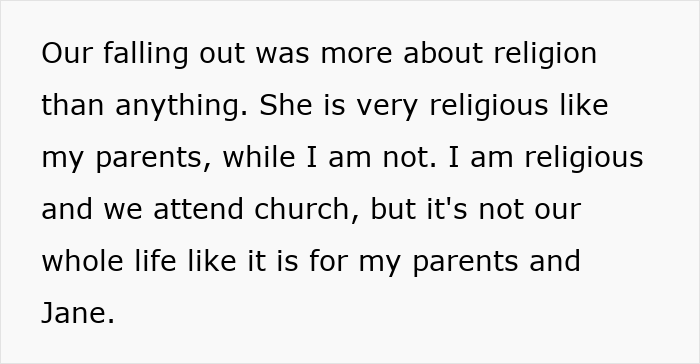
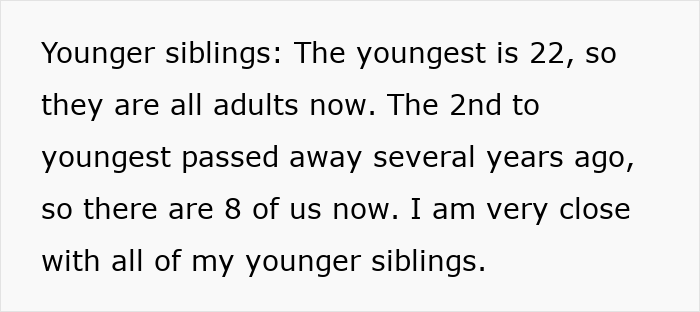
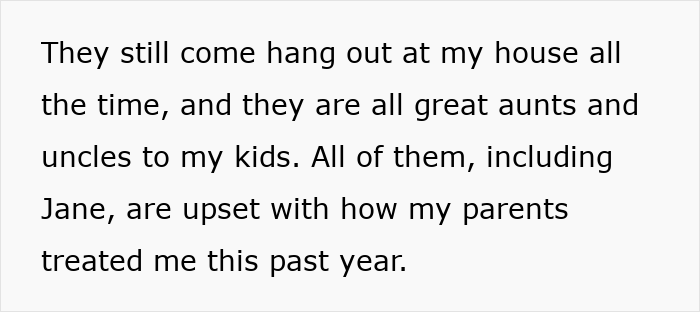
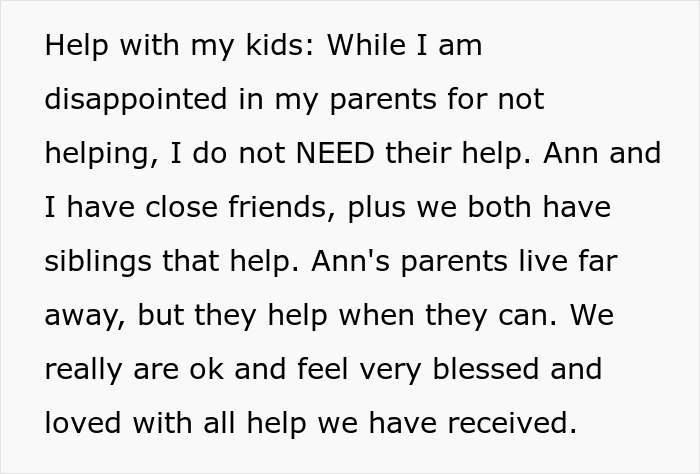
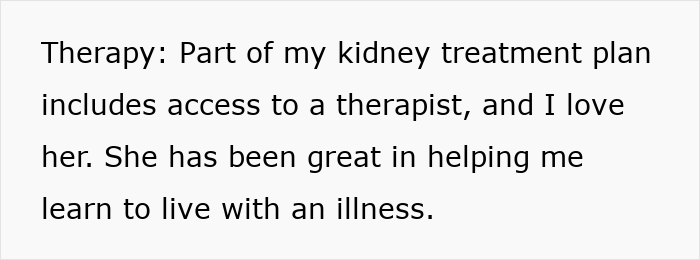


Image credits: user18526052 / freepik (not the actual photo)
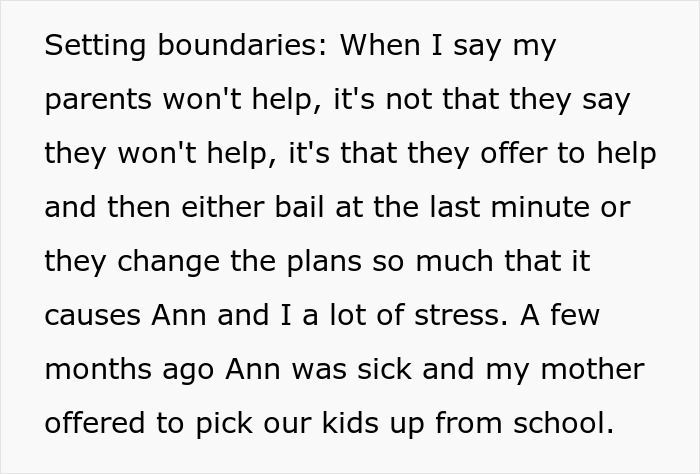


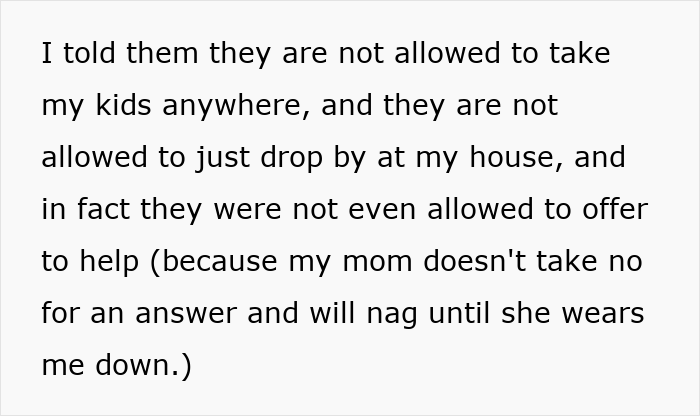

Image credits: The Yuri Arcurs Collection / freepik (not the actual photo)

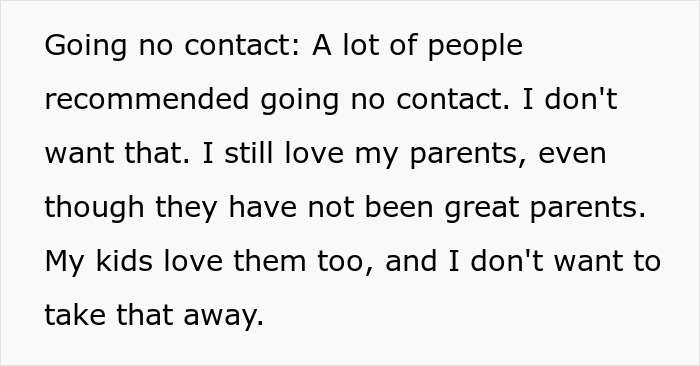




Image credits: letowyn
People shared helpful suggestions and guidance with the author

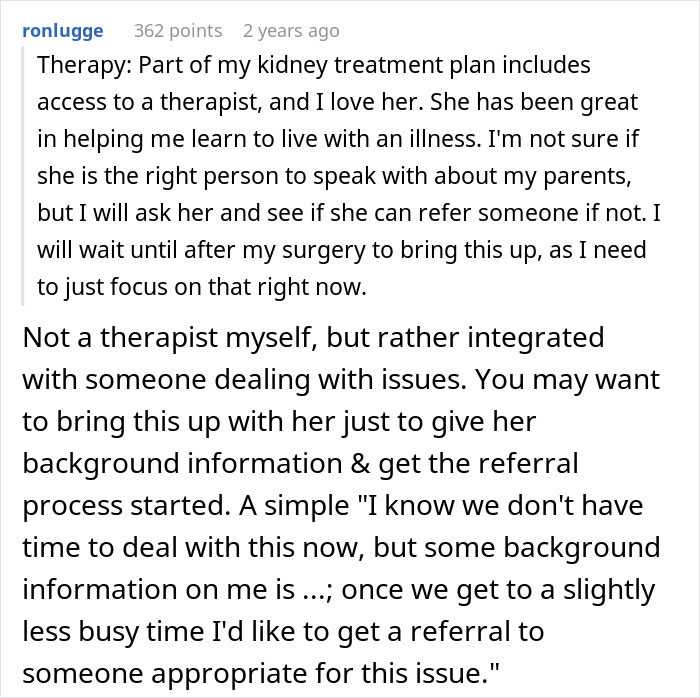



Image credits: pixaflow / freepik (not the actual photo)
He also explained the strict boundaries he has set with his parents to protect himself and his family




Image credits: drobotdean / freepik (not the actual photo)

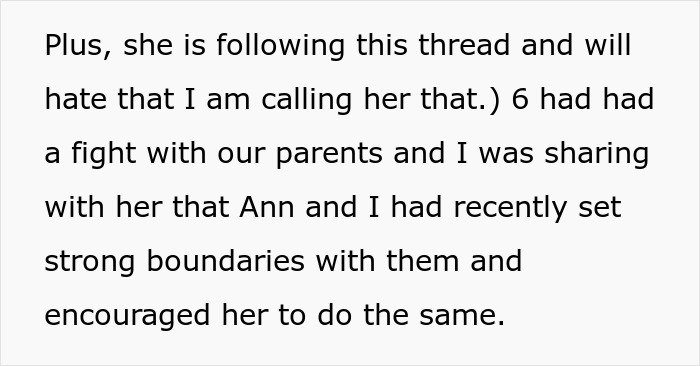
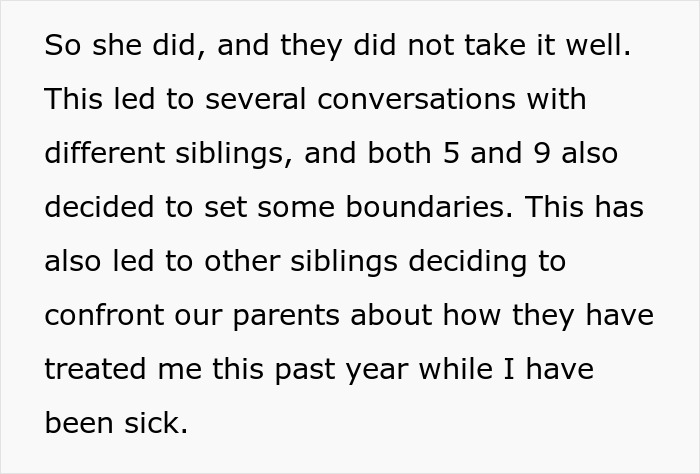
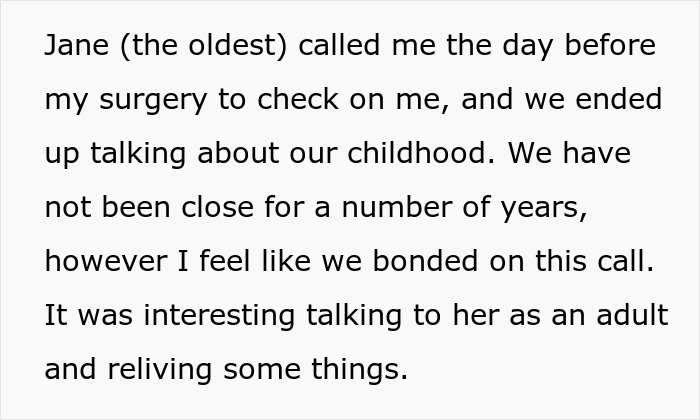

Image credits: EyeEm / freepik (not the actual photo)

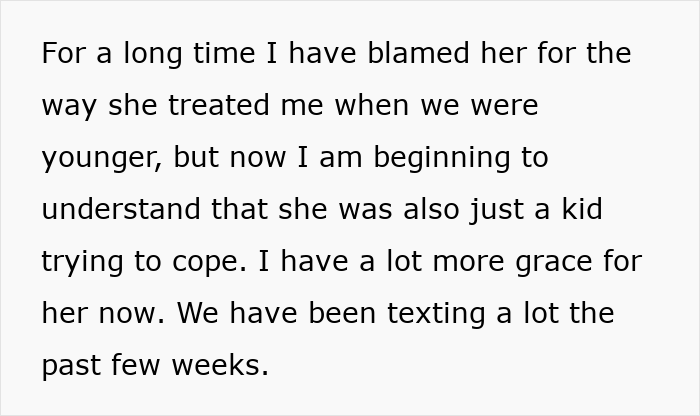

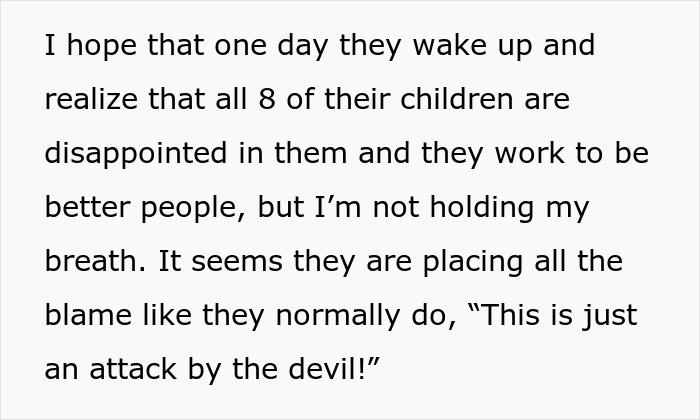

Image credits: Guzov Ruslan / freepik (not the actual photo)
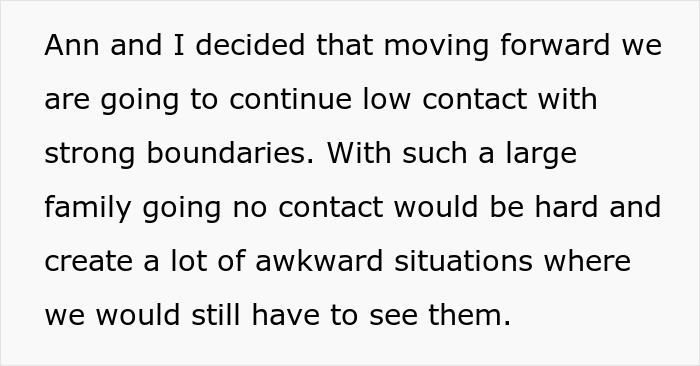

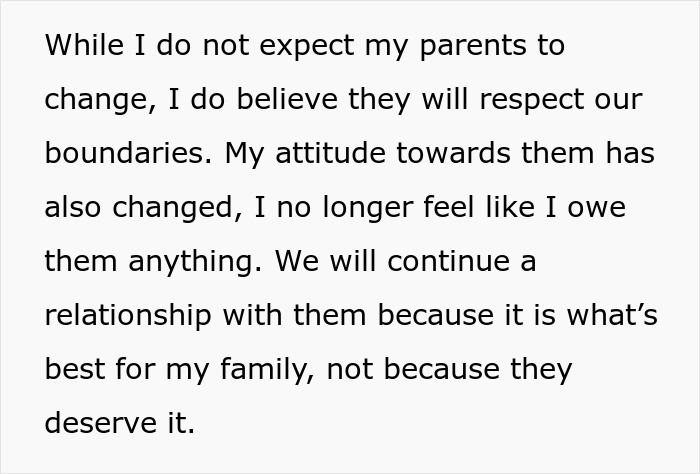

Image credits: letowyn
A few readers offered well-wishes, hoping for his speedy recovery and emotional healing


 Follow Us
Follow Us





